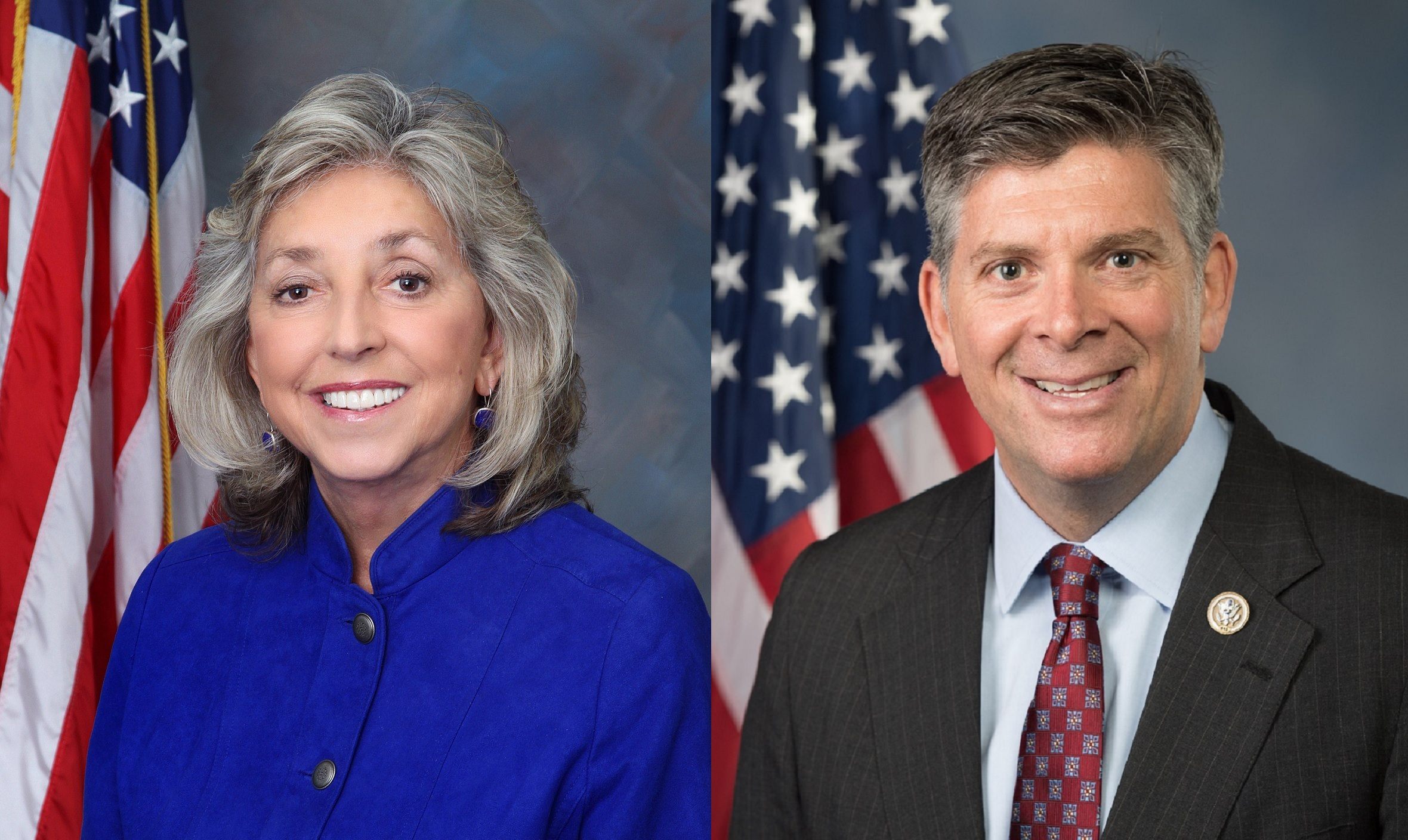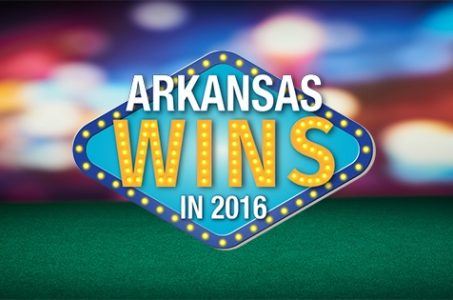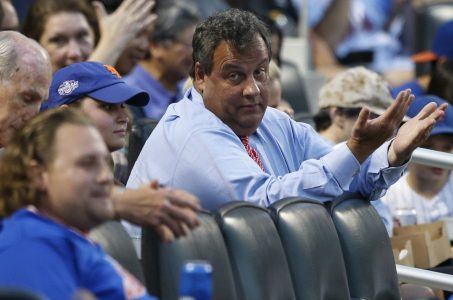Nevada, Illinois Pols Call on US Treasury to Raise Tax-Reporting Threshold for Slot Jackpots to $5,000
Posted on: May 14, 2019, 08:45h.
Last updated on: May 14, 2019, 08:45h.
Congressmembers from Nevada and Illinois have petitioned the US Treasury to up the tax-reporting threshold on slot-machine jackpots, which has been frozen in time at $1,200 since 1977, in defiance of inflation.

In a letter dated May 13, US Reps. Dina Titus (D-Nevada) and Darin LaHood (R-Illinois) wrote to Assistant Treasury Secretary David Kautter to complain that the current system was outdated and was overtasking the casino industry unnecessarily. A new threshold of $5,000 would alleviate this burden, they wrote.
The industry has long argued that the low reporting threshold is detrimental to the customer experience and disruptive to the casino floor, while weighing casinos down with paperwork. Currently, any win over $1,200 requires the machine to be stopped and temporarily taken out of service while a tax form is filled out.
Economic Realities
“As the value of a $1,200 jackpot has decreased due to inflation, the number of jackpots hitting that threshold has increased,” wrote Titus and LaHood. “This causes excessive burden to the gaming industry, a main economic driver in our districts.
“When a player hits the jackpot of a slot machine above the $1,200 threshold, the machine locks up and stops play,” they continued. “Staff must issue a W-2G form to the player and validate its accuracy. Raising the threshold would reduce the paperwork burden on businesses and players while ensuring the tax code reflects current economic realities.”
According to DollarTimes.com’s inflation calculator, $1,200 in 1977 would be worth $5,180 in today’s money.
In Nevada, gaming alone contributed $711,328,219 in direct tax revenues to the state, while the casino and hotel industry as a whole accounted for almost 40 percent of all fiscal revenues.
Meanwhile, Illinois’ ten riverboat casinos and 6,359 (as of 2018) venues that are licensed to offer electronic gaming devices generated more than $475.4 million in taxes.
Hurdles and Paperwork
In 2016, the IRS attempted to lower the threshold even further, to $600, but a pushback from the American Gaming Association persuaded it to reconsider. The IRS had wanted to use player loyalty cards to track wins electronically to help enforce the proposed rule.
This week, new AGA CEO Bill Miller issued a statement in support of Titus’ and LaHood’s efforts to “update the antiquated threshold for reporting slot machine winnings while relieving associated burdens for casinos, their patrons and the IRS alike.”
He said the current system created “inefficiencies, paperwork and unnecessary hurdles,” noting that casinos were “the only businesses that must take their assets out of production to comply with their tax information reporting obligations.”
Related News Articles
Most Popular
FTC: Casino Resort Fees Must Be Included in Upfront Hotel Rates
Genovese Capo Sentenced for Illegal Gambling on Long Island
NBA Referees Expose Sports Betting Abuse Following Steve Kerr Meltdown
UPDATE: Former Resorts World & MGM Grand Prez Loses Gaming License
Most Commented
-
UPDATE: Whiskey Pete’s Casino Near Las Vegas Closes
— December 20, 2024 — 30 Comments -
Caesars Virginia in Danville Now Accepting Hotel Room Reservations
— November 27, 2024 — 9 Comments -
UPDATE: Former Resorts World & MGM Grand Prez Loses Gaming License
— December 19, 2024 — 8 Comments -
FTC: Casino Resort Fees Must Be Included in Upfront Hotel Rates
— December 17, 2024 — 7 Comments
















Last Comments ( 2 )
Well, if it only takes 5 minutes why does it take 15 to 30 minutes to get assisted, and why should the player pay taxes on 1200 when I gtd in 95 percent of cases the players have spent many thousand of dollars , 20, 000 to win 1200.00 and have to pay taxes on that 1200, when the casino and states are making millions every day on gaming.
It takes an average of 5 min to generate a taxable. The guest sometimes play the machine next to them while waiting. Raising it to 5000 would incredibly hurt many employees who depend on tips